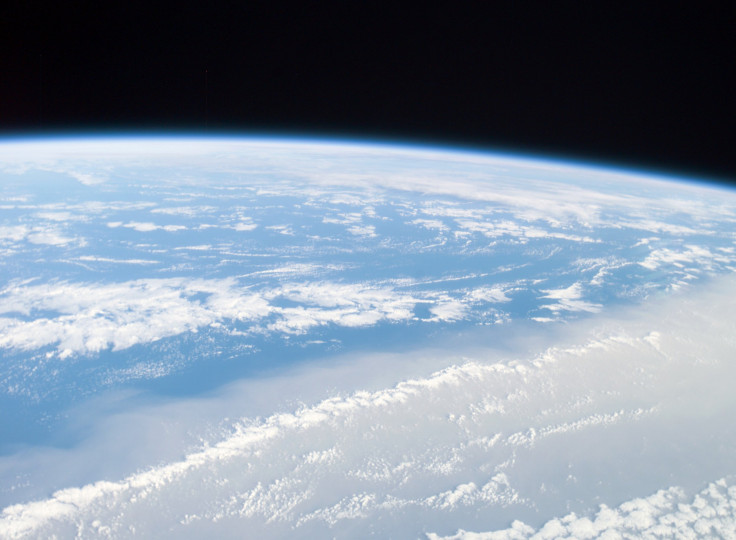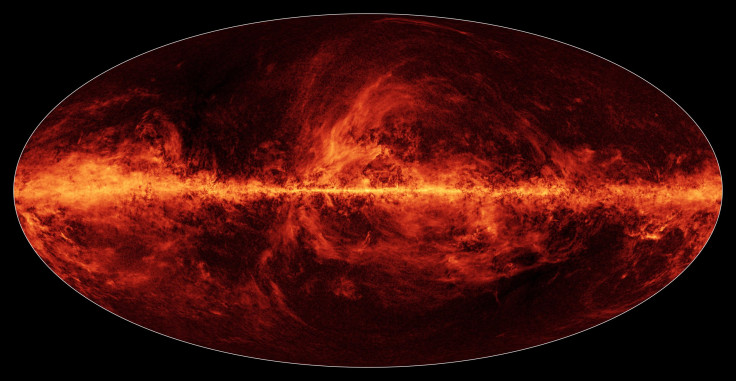Earth Organisms May Already Live On Other Planets, Thanks To Space Transportation

Life forms that evolved on Earth might already be living on alien planets, carried there by clouds of dust traveling through space.
The dust could act as transportation for the smallest organisms because it is moving quickly and “continuously bombarding the Earth,” a new paper in the journal Astrobiology claims. “Some of this fast space dust inevitably will interact with the atmospheric system, transferring energy and moving particles around.” Although that can include non-living atoms and molecules in the atmosphere, there are also microbes up there that could go along for the ride. When space dust particles collide with these elements in Earth’s atmosphere, the crashes could give them “the necessary escape velocity and upward trajectory to escape Earth’s gravity.”
Molecules that are necessary to sustain life and make planets habitable may be carried along as well.
According to the paper, space dust could have brought Earth life to other planets and life from other planets to Earth.
It’s not the only space mechanism that has been explored as having potential to transport life across the universe. Previous research looked into whether comets, asteroids and meteoroids crashing down to young Earth brought life, water, atmospheric gases and other crucial pieces with them in a sort of cosmic delivery service. Scientists have also asserted it would be possible for space rocks to collide with planets in such a way that sends material careening into outer space, carrying microorganisms along for the ride before possibly landing on another world.
“The proposition that space dust collisions could propel organisms over enormous distances between planets raises some exciting prospects of how life and the atmospheres of planets originated,” paper author Arjun Berera said in a statement from the University of Edinburgh. “The streaming of fast space dust is found throughout planetary systems and could be a common factor in proliferating life.”
Bacteria and other tiny organisms have shown resilience in the face of harsh conditions, such as frigid temperatures, the vacuum of space and radiation exposure.
“Should some microbial particles manage the perilous journey upward and out of the Earth’s gravity, the question remains how well they will survive in the harsh environment of space,” the paper says.
The life forms that are theoretically floating around out there and touching down on other worlds could hold clues about how life on our planet began: “If biological constituents have been escaping the Earth continuously, even in tiny amounts, over its lifespan, then it would suggest floating out in the solar system there is information about the evolutionary history of microbial life over the time of the Earth’s existence.”

© Copyright IBTimes 2024. All rights reserved.





















